|
New
Releases |
February 13, 2026


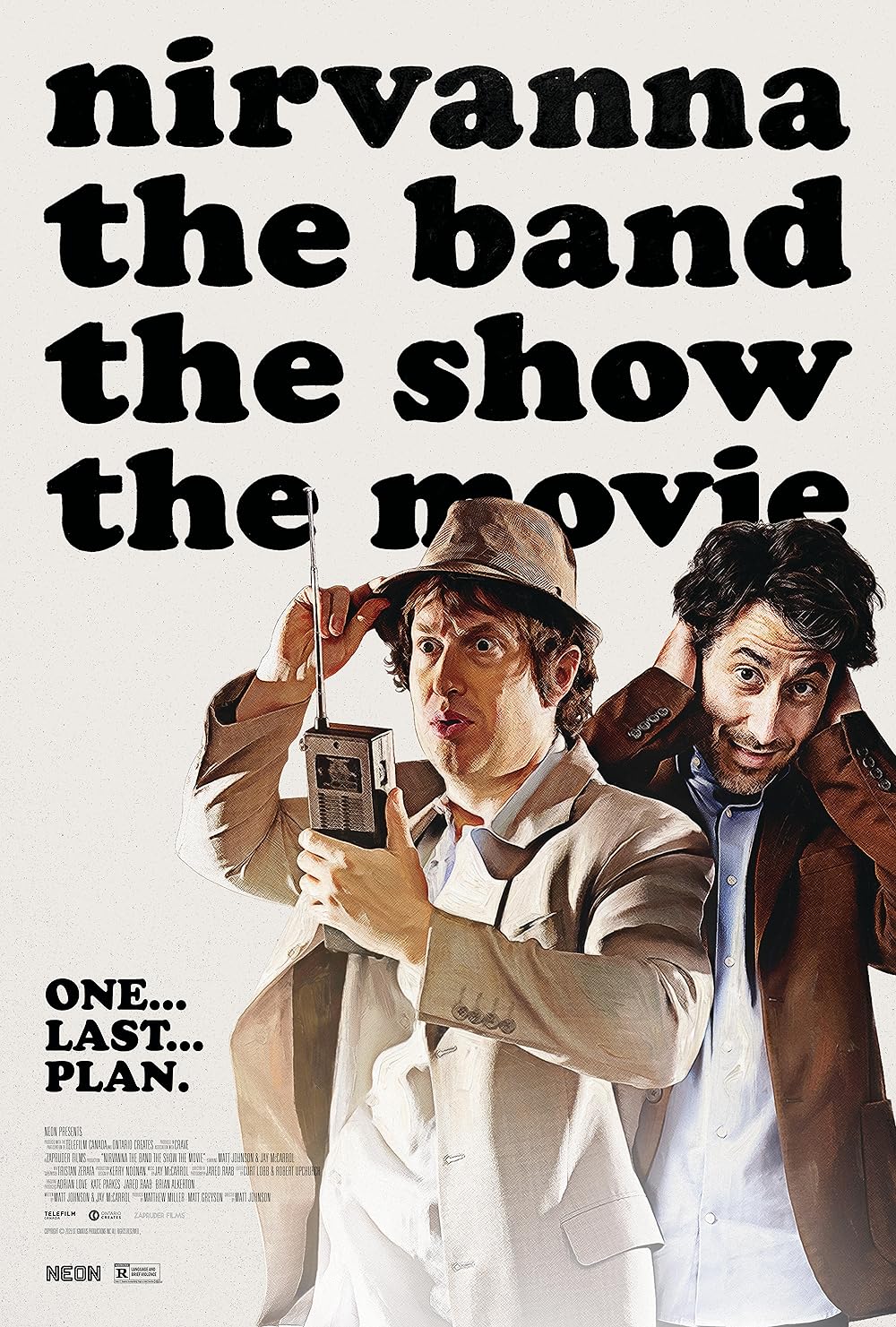
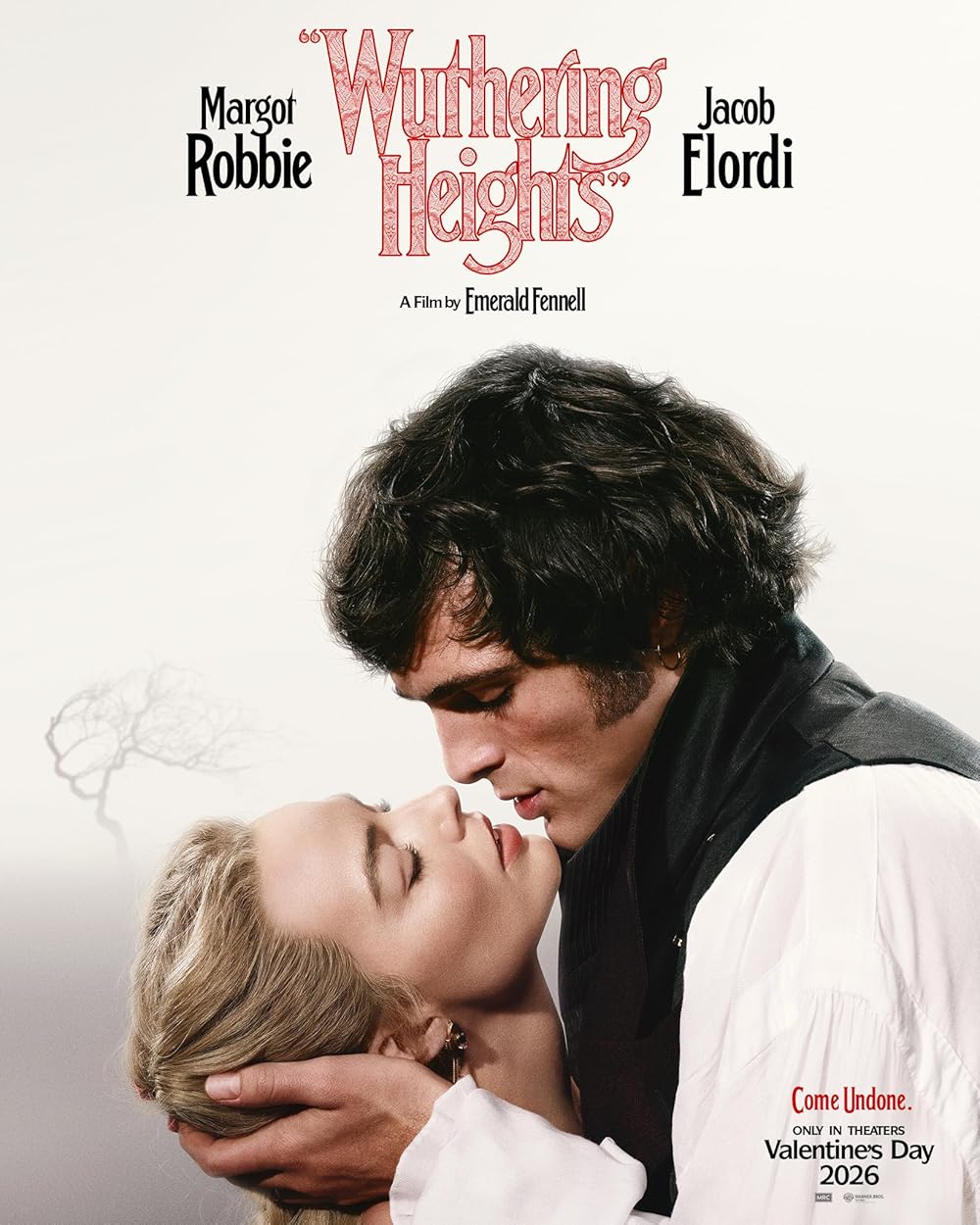 |
January 30, 2026
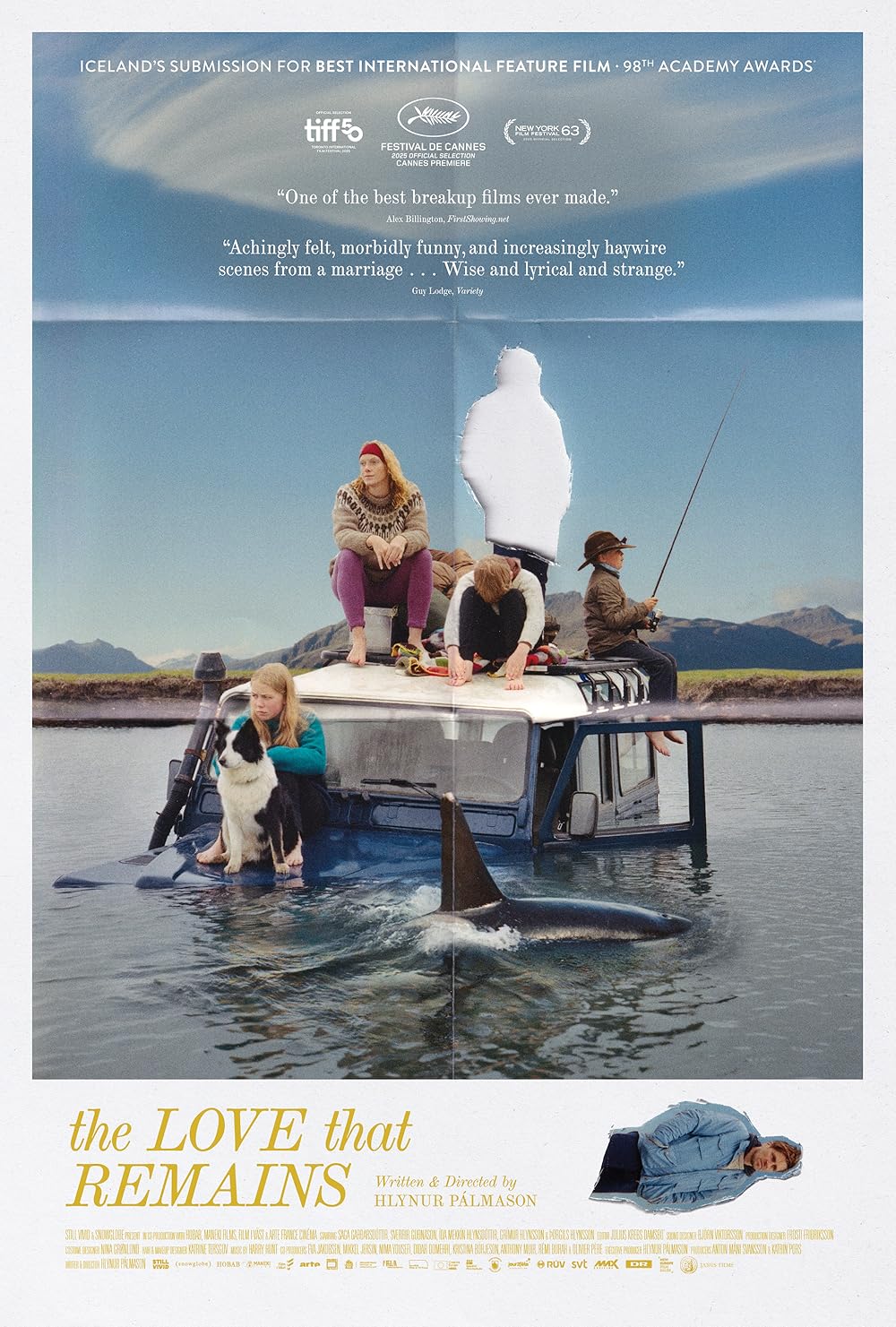


 |
January 16, 2026
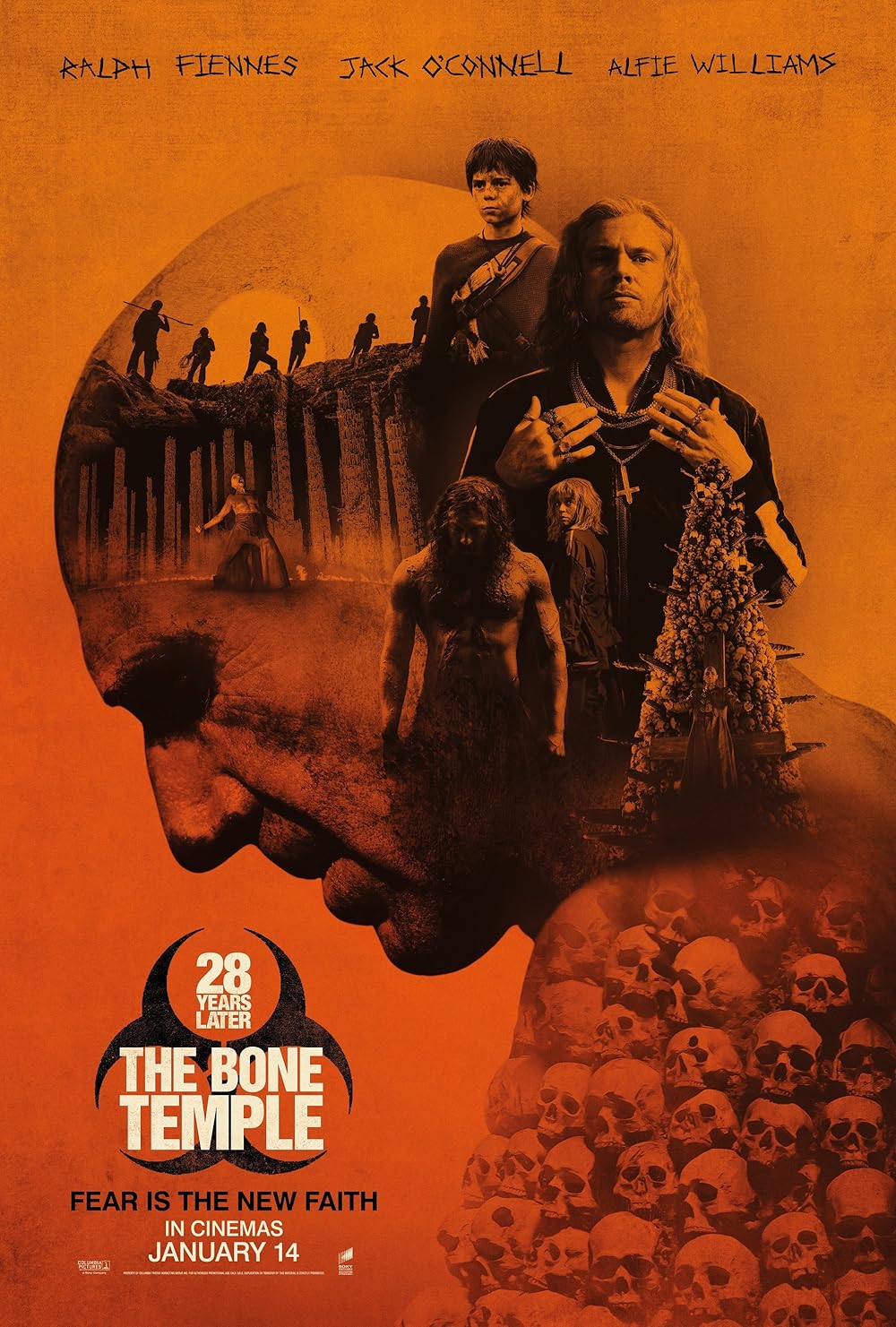
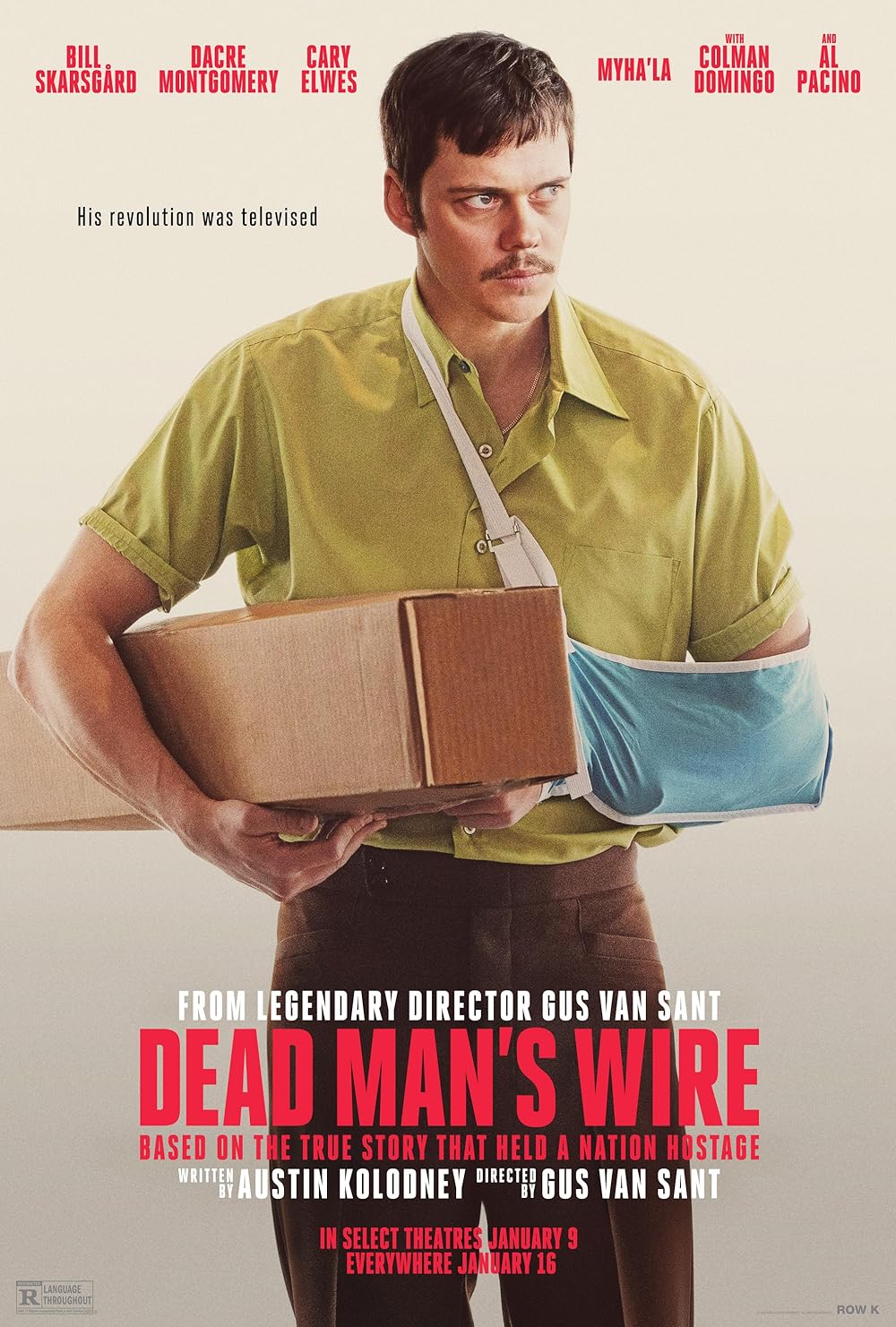
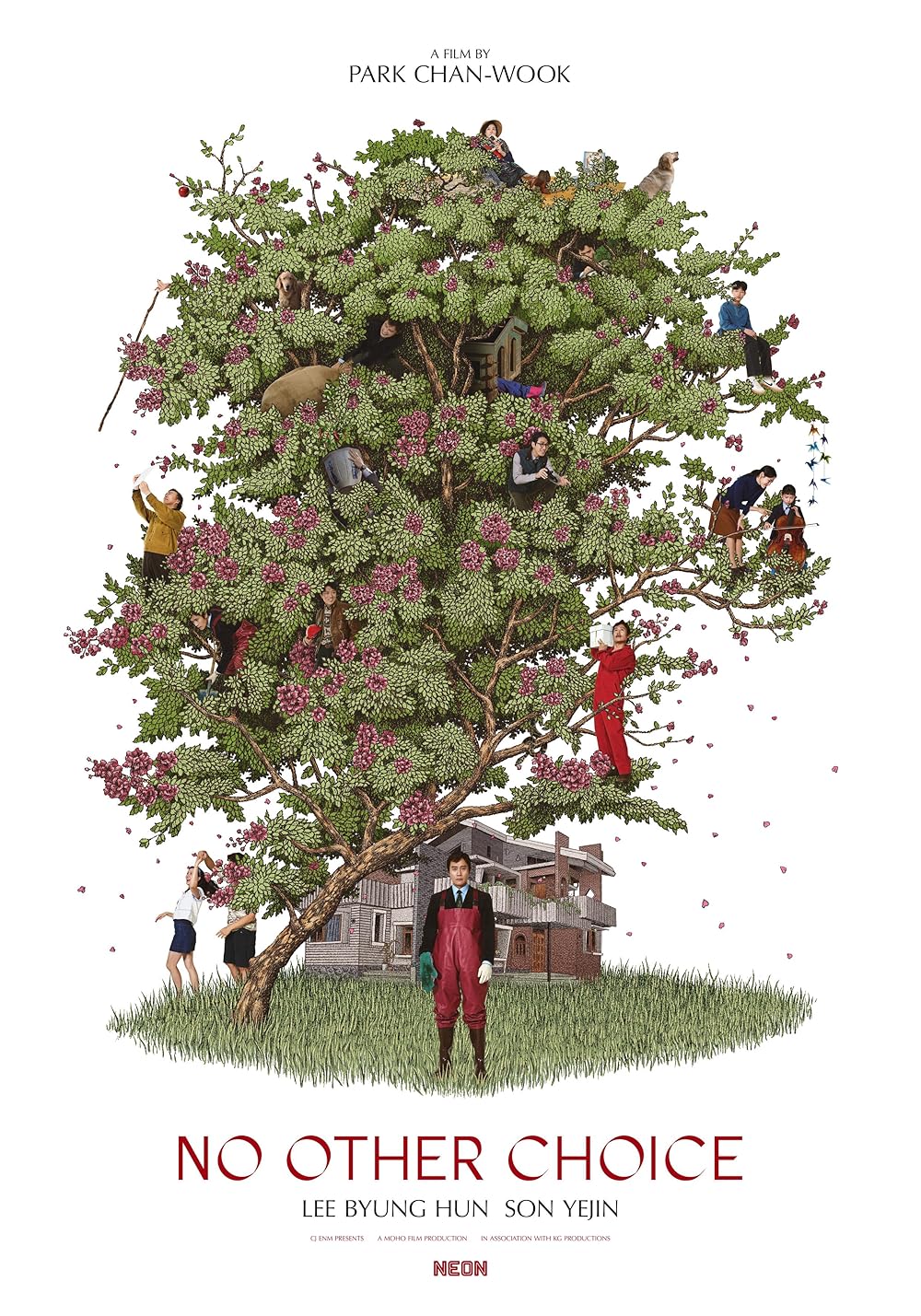
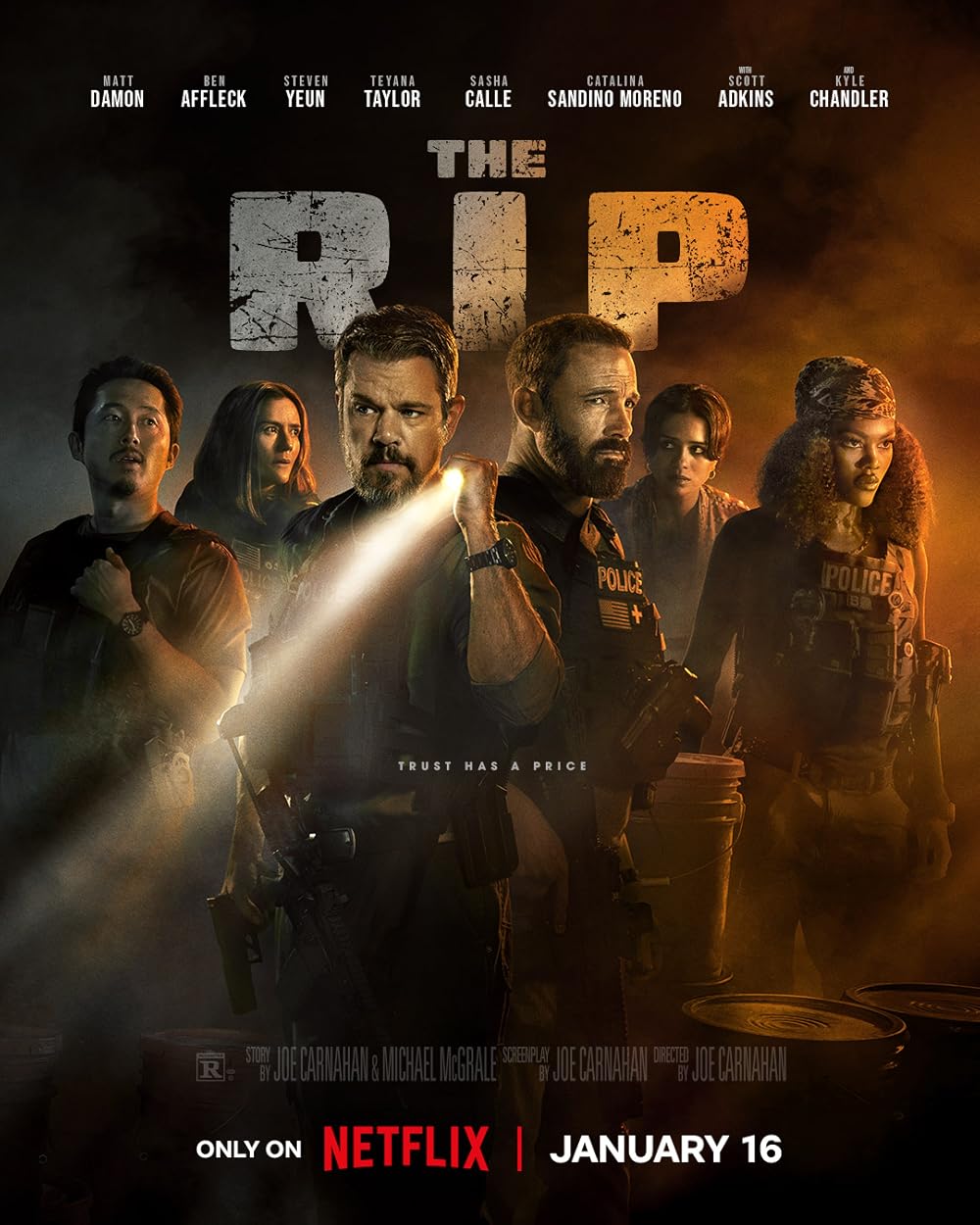 |
January 9, 2026
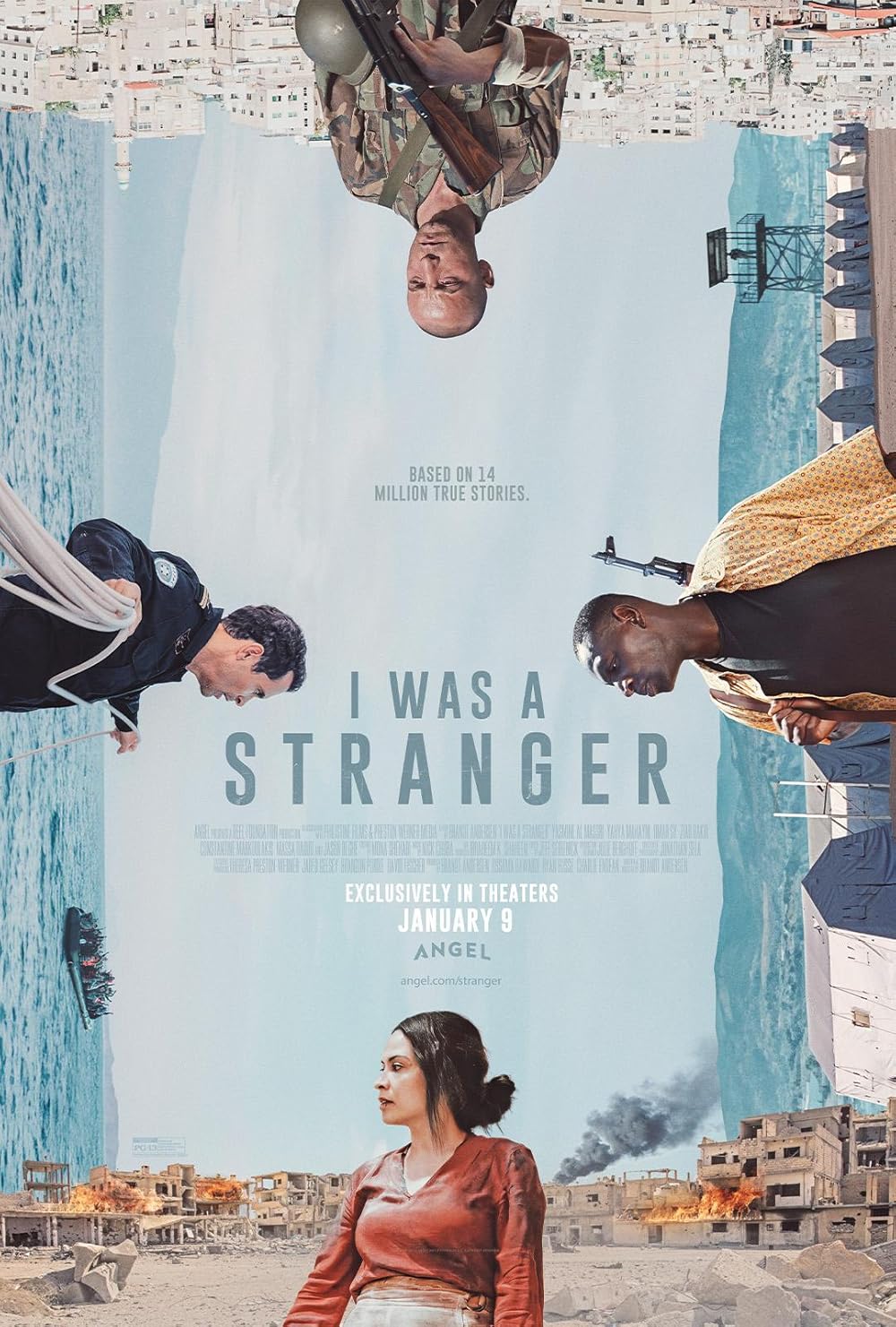
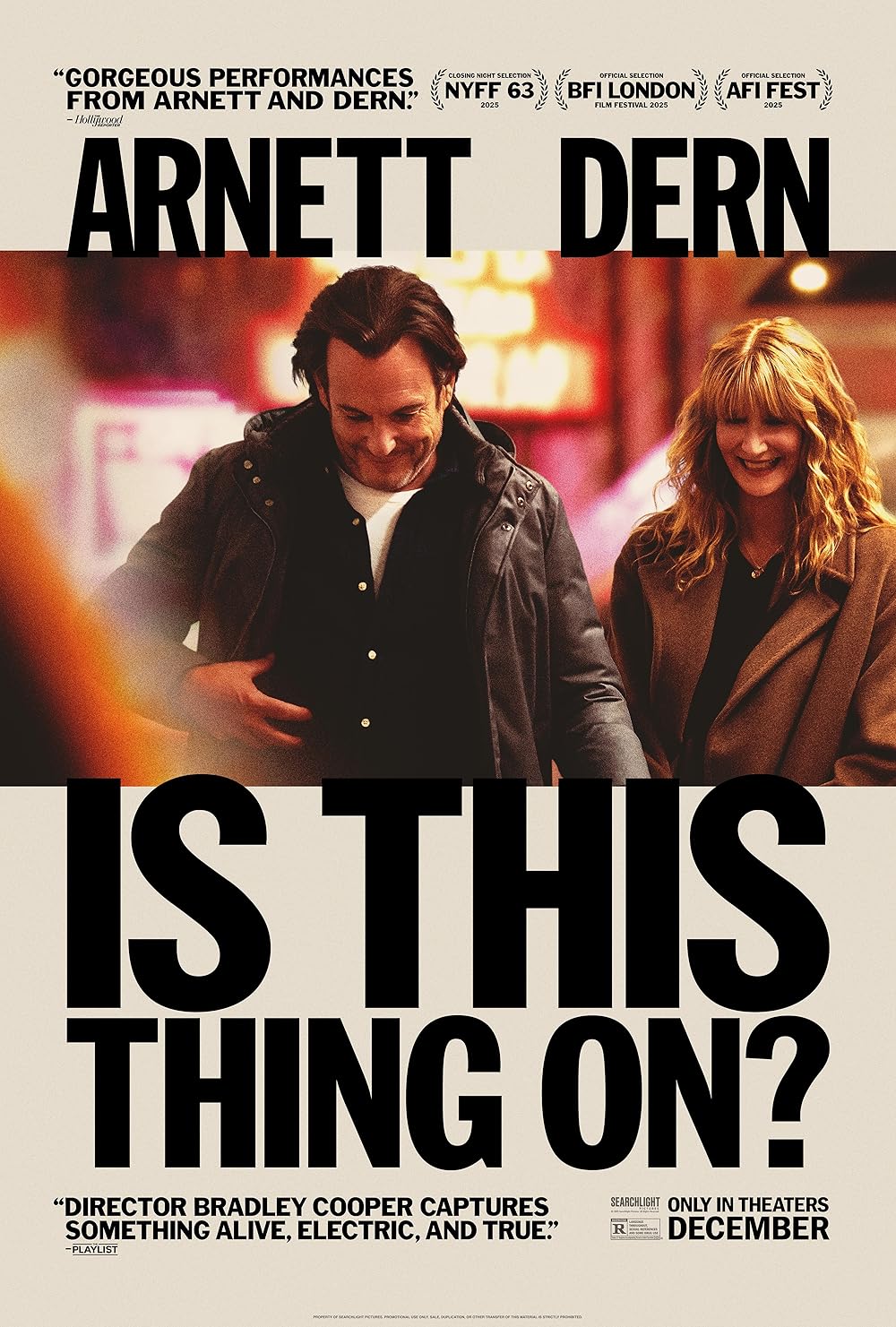 |
January 2, 2026
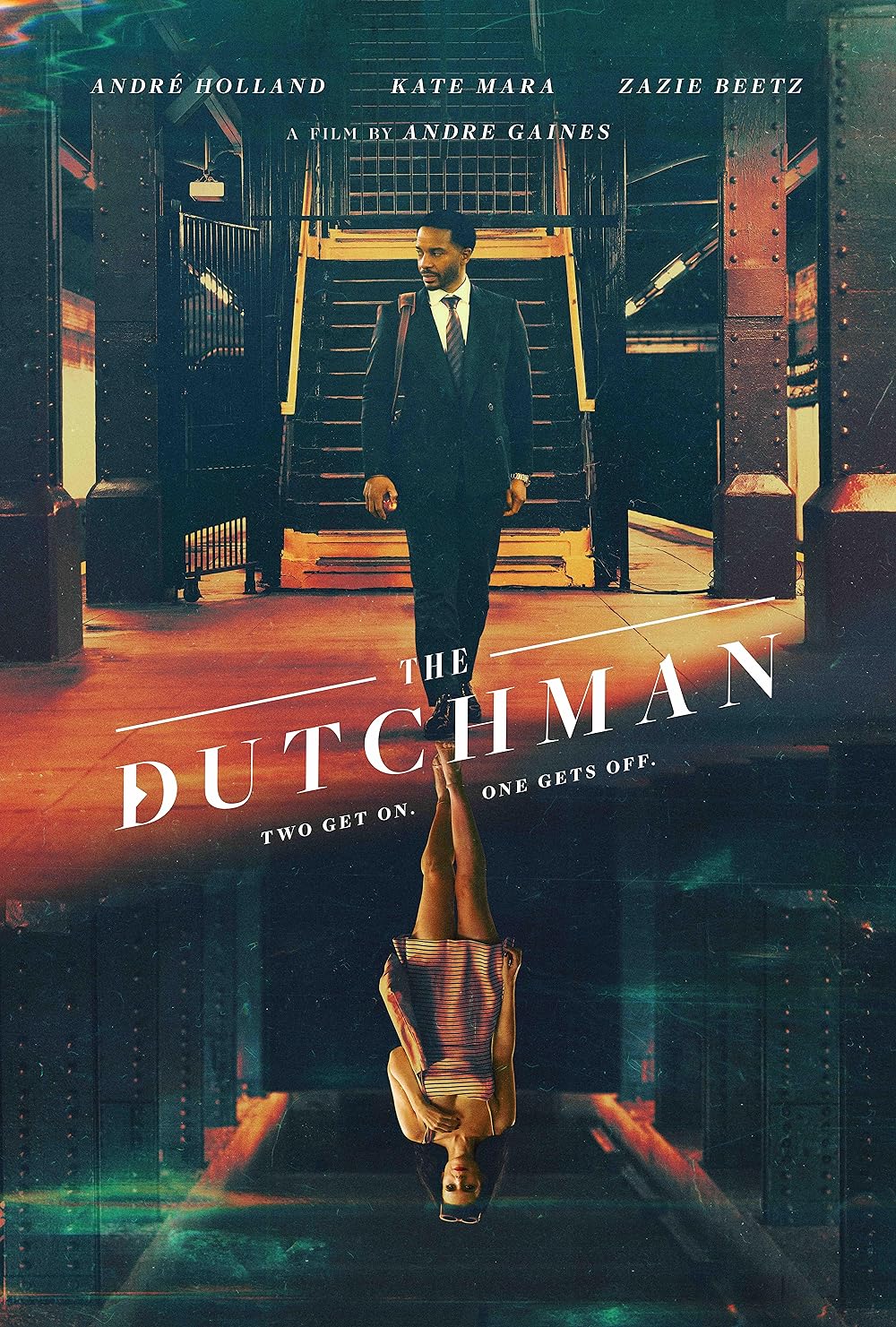
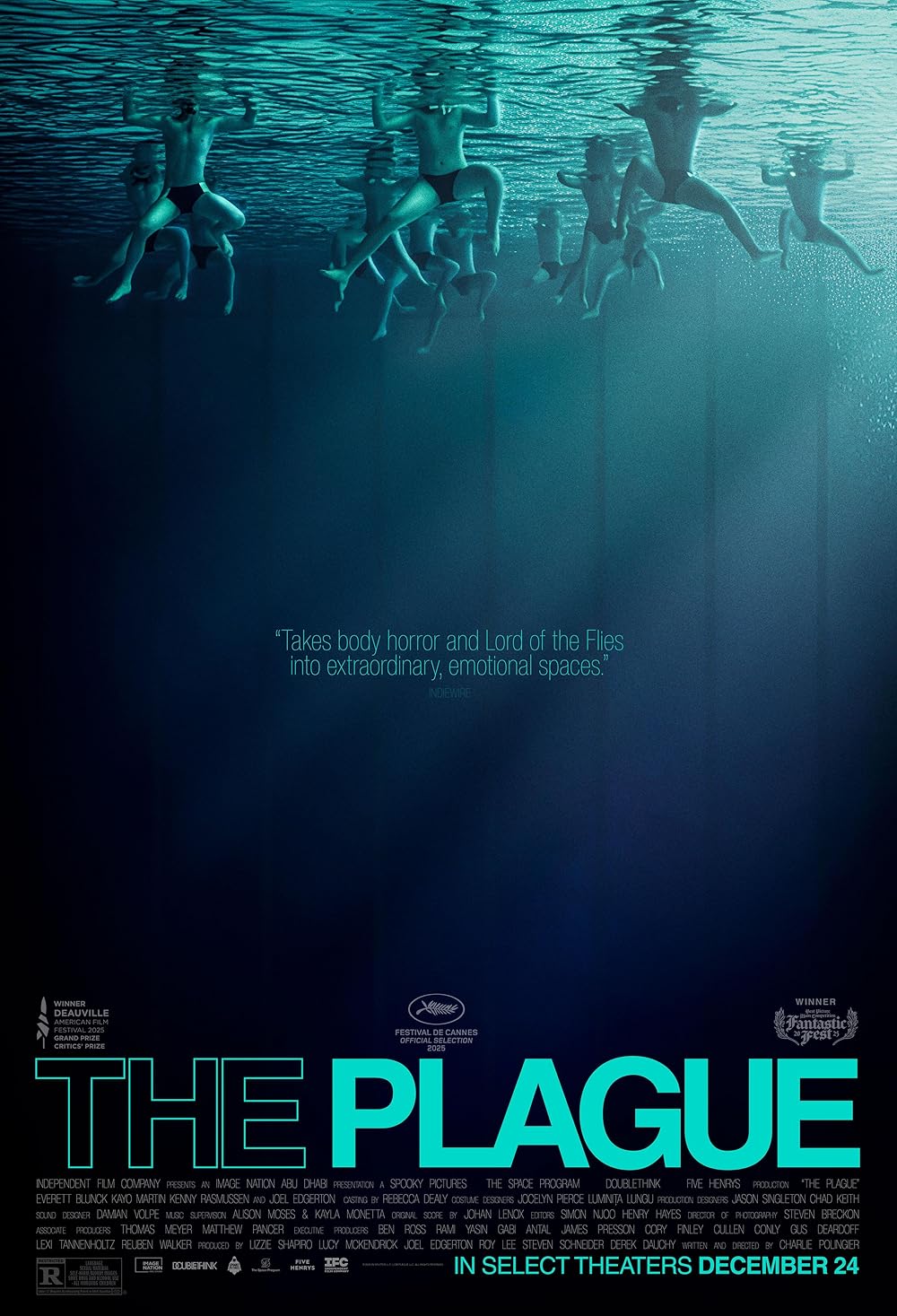
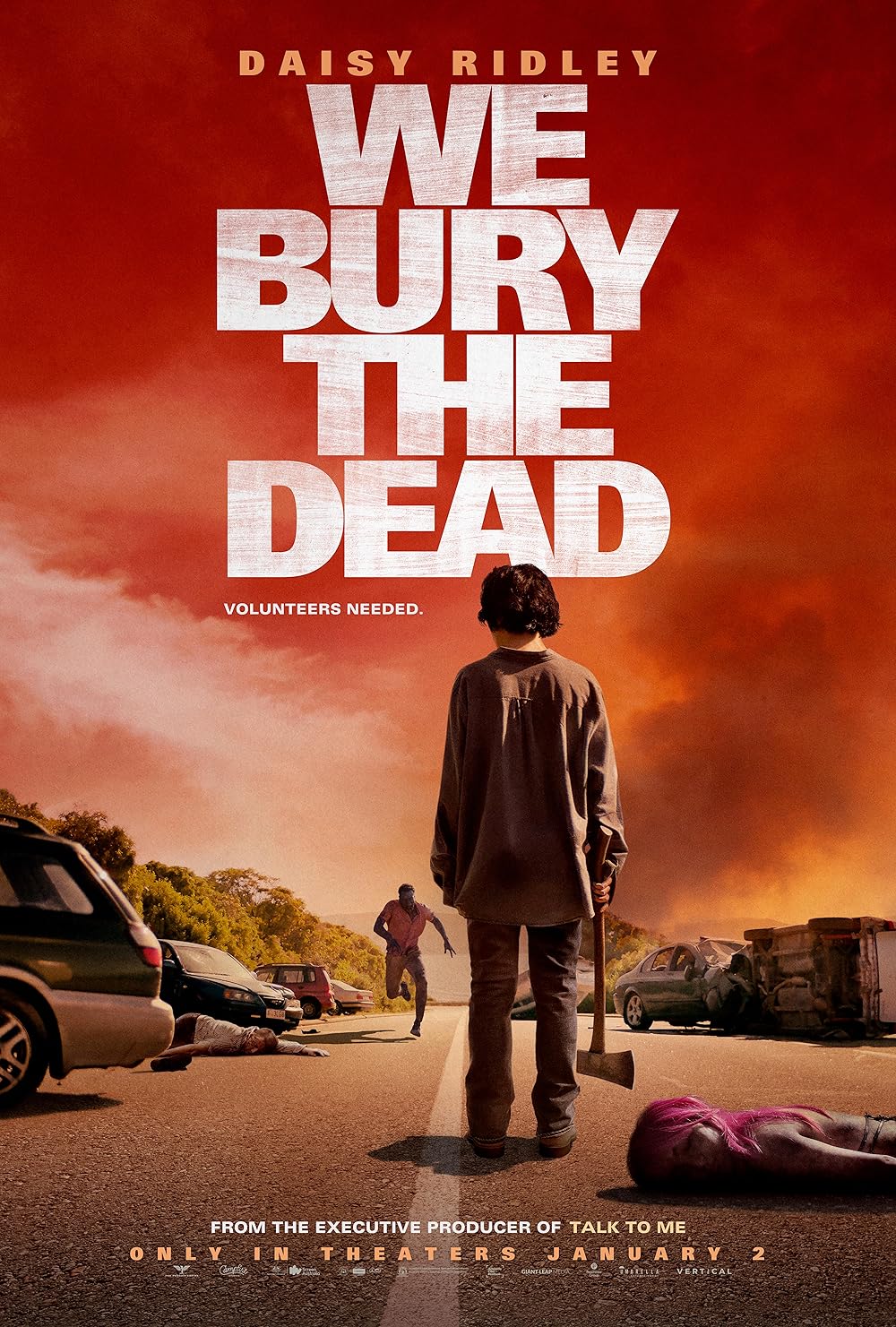 |
December 26, 2025

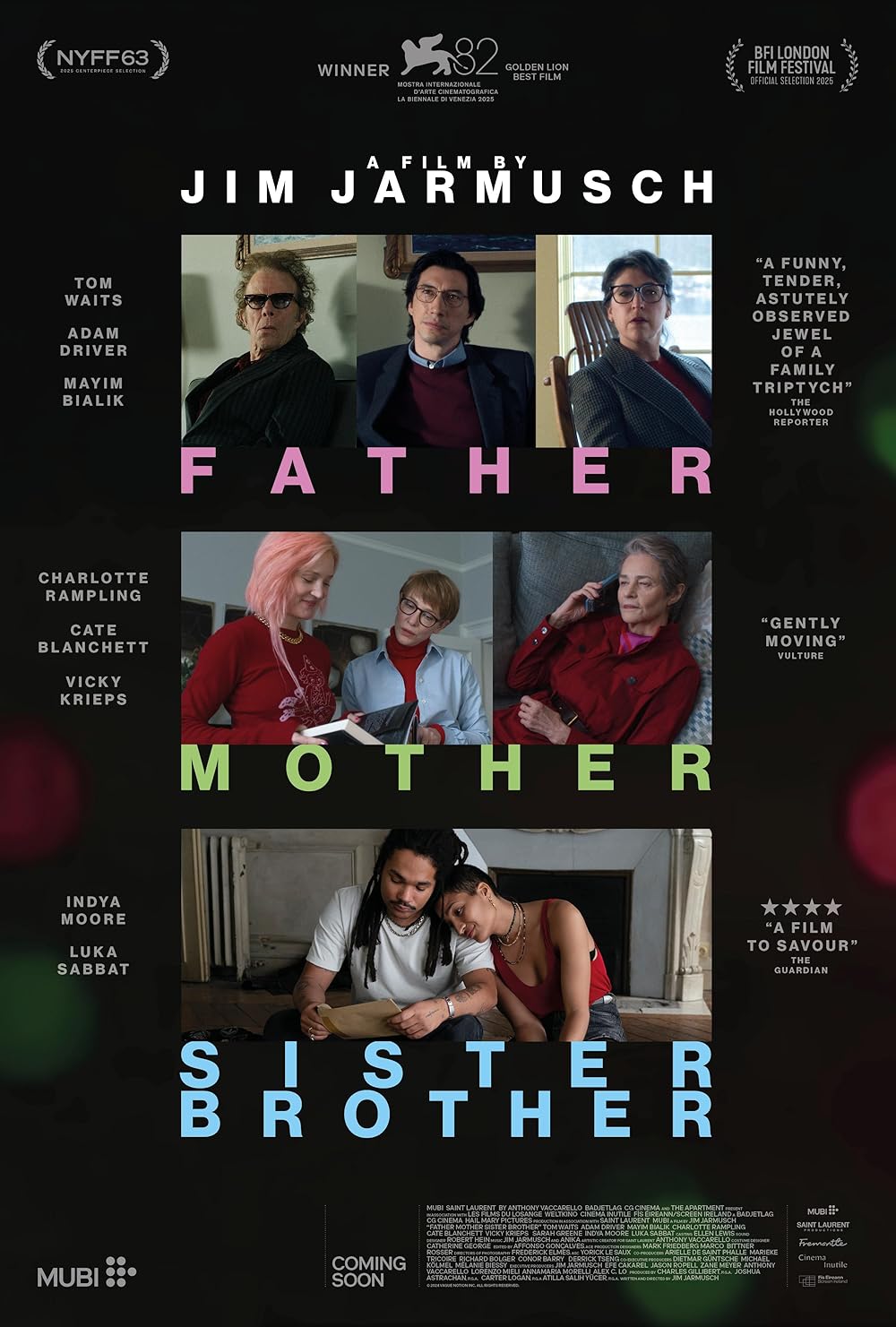
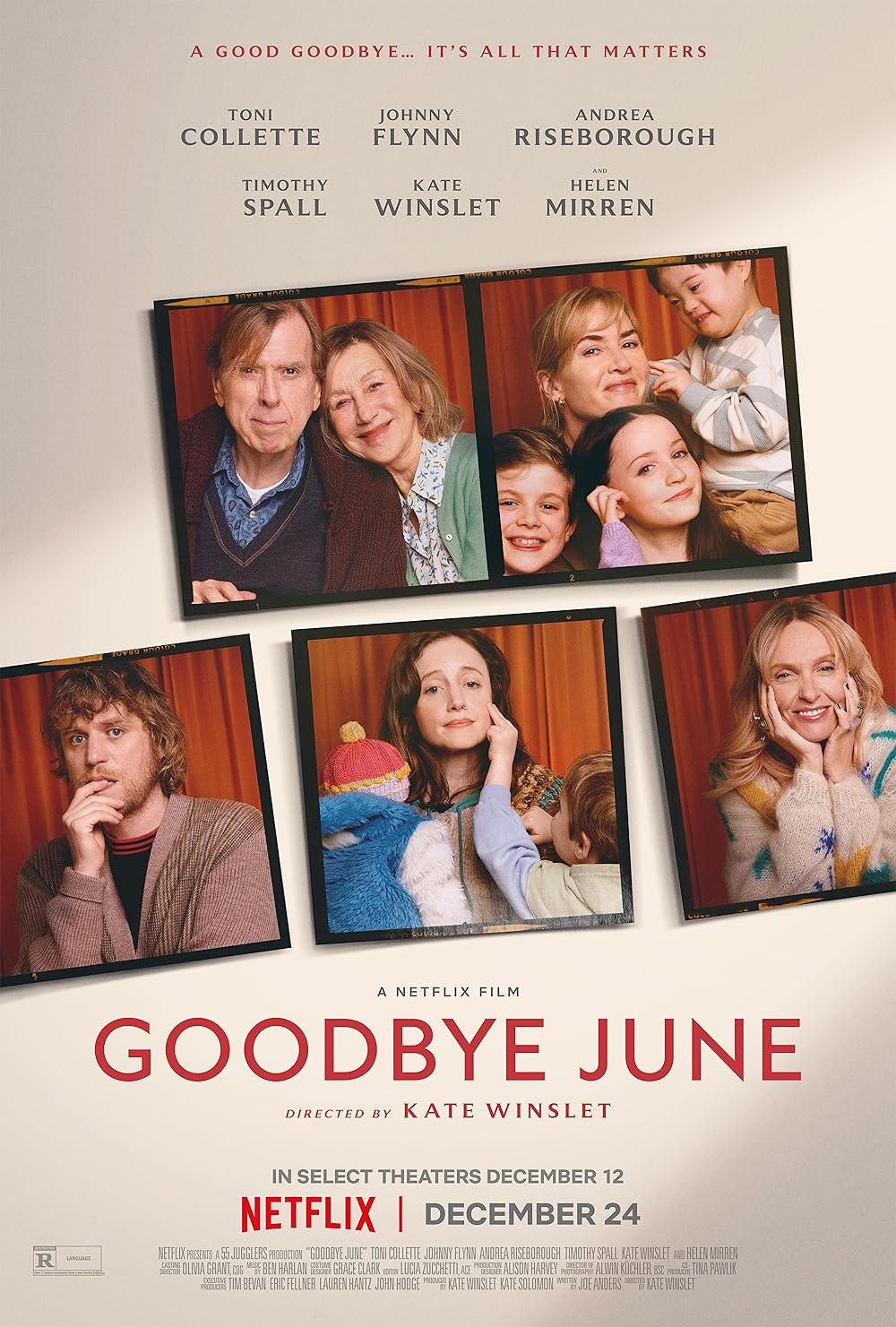


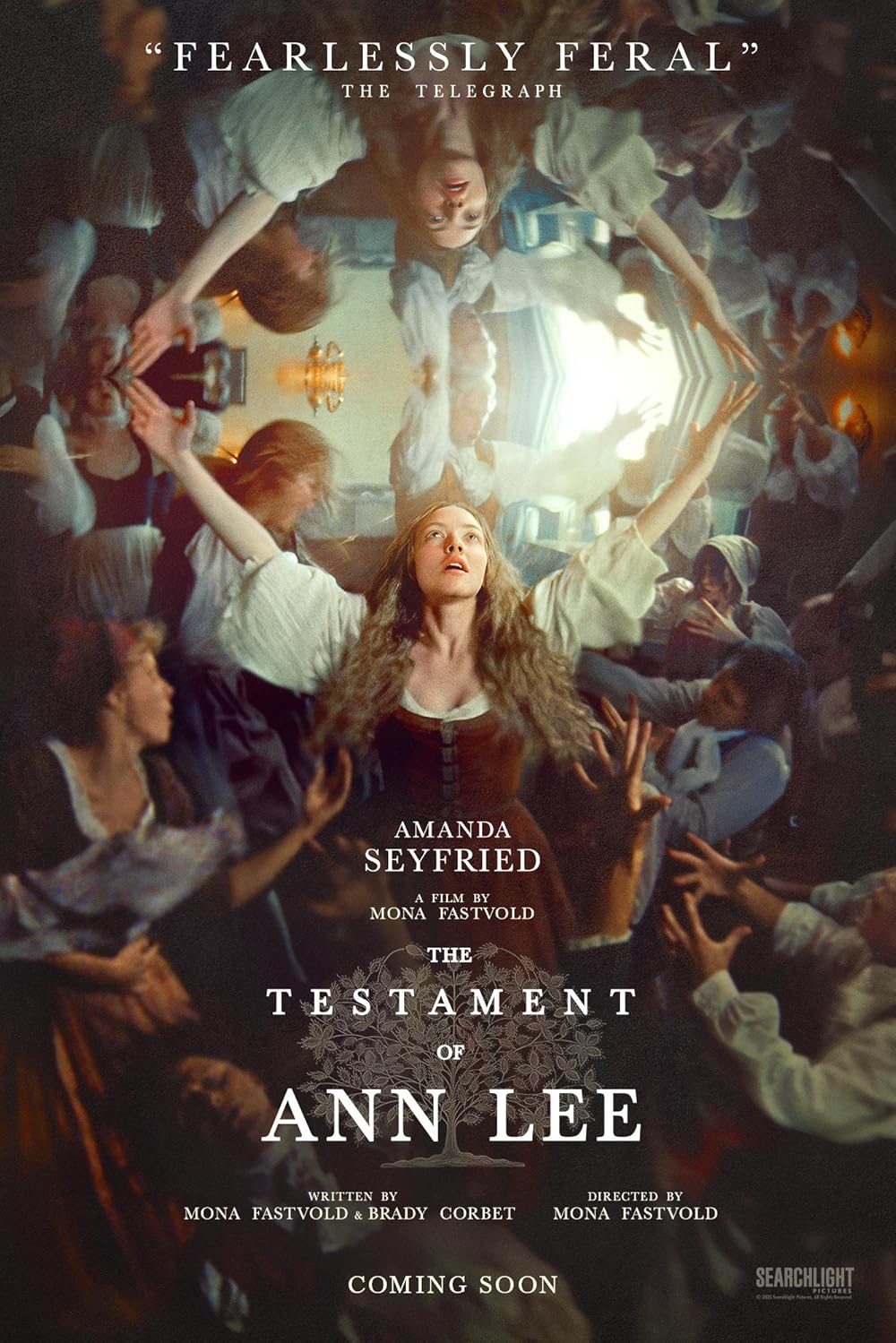 |
December 19, 2025

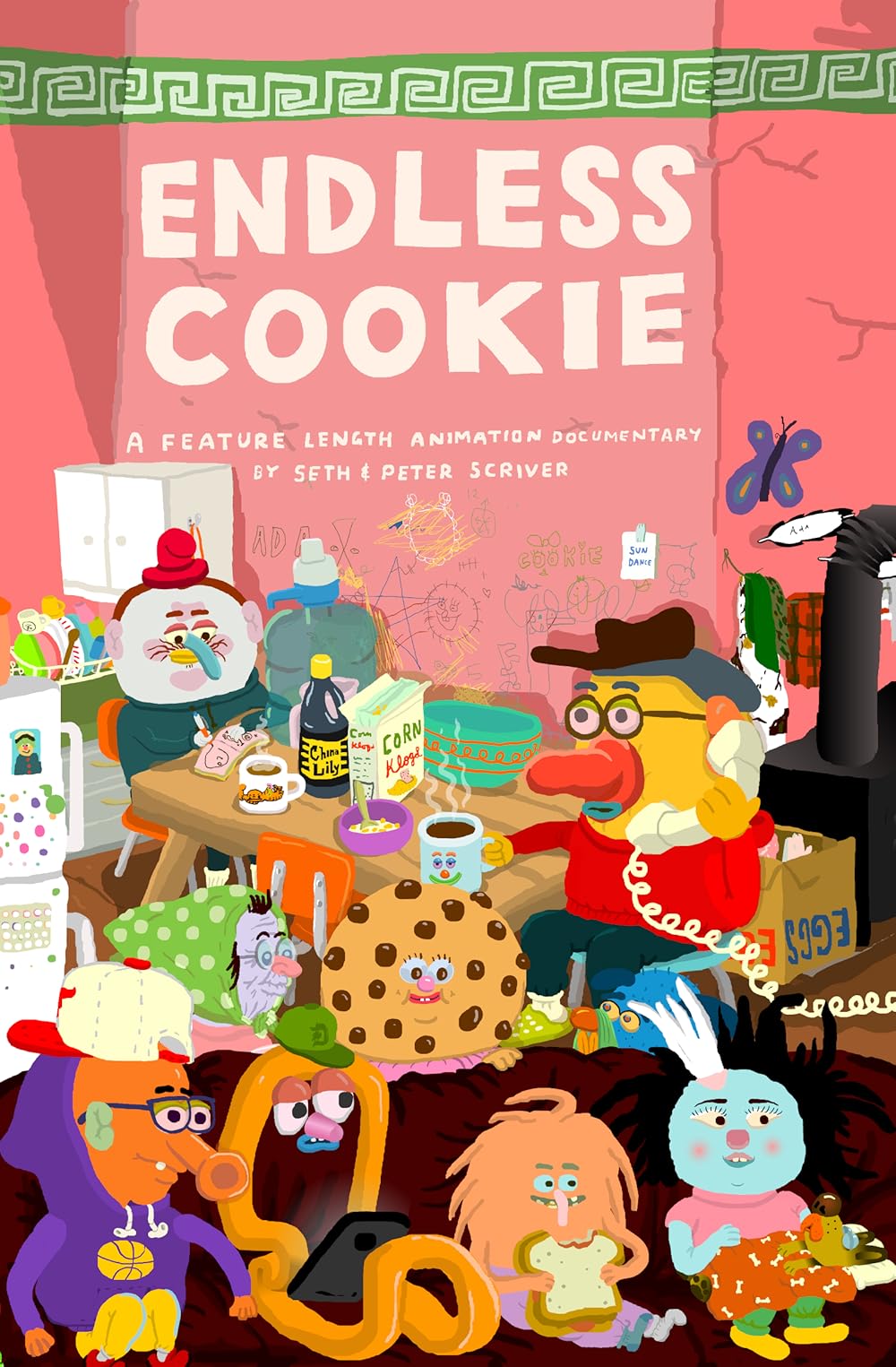
 |
|
|
|
The Up Series
(1964,
1971,
1978,
1985,
1992,
1999,
2006)
Directed by
Michael Apted
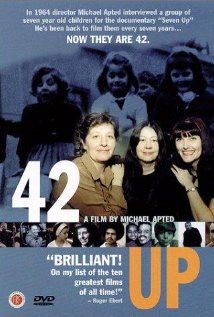 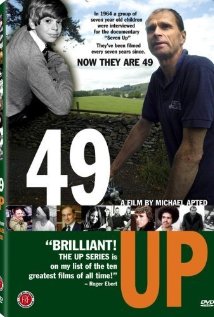
Review by
Zach Saltz
The device
is simple: Profile a group of children when they are seven years old,
and return to their lives in seven year increments as they mature.
Michael Apted and his film crew have now done this through five
decades and produced some of the most engaging, compelling stories ever
to be profiled in any medium, print or cinema. The
Up Series has been compared
to time-lapse photography; we see its characters grow and change right
before our eyes.
It is
essentially a longitudinal psychological study that has been
miraculously put on celluloid so that the spectator becomes not only the
viewer of a film, but an observer of human personality and behavioral
development.
One amazing
feature of the films is how eerily accurate some of the characters are
at seven or fourteen predicting their lives at a later point.
This is, of course, a point of emphasis in regard to John,
Andrew, and Charles – Apted’s subtle way of bringing to light the
concept of scholastic and vocational predestination in traditional
British aristocracy.
But
predestination is also a key feature in the decidedly lower-class
children’s lives – just not in the form of the names of schools.
Tony, for example, is able to predict at seven that he will
become a jockey at 14, and then, even at that age, foreseeing possible
failure as a jockey, is able to predict a life as a taxi driver by 21.
Neil says at 21 that he’d perhaps be interested in a life of
politics, and by 42, finds a position in Parliament.
But how much are these predictions borne out of seemingly distant
dreams hoping to someday be fulfilled, or are they simply the result of
upper-class nobility (John, in one of his more unusually sage comments,
is keen to point out that the film most decidedly does not portray his
sleepless nights and cram sessions, connoting that bourgeoisie affluence
does not come as easily as the series would have you imagine).
I love all
of the characters of the film – it’s downright impossible to choose a
favorite.
It would be easy
to relegate these characters as dynamic and unchanging – then we would
most certainly love cute little seven-year-old Neil forever and detest
the hypocritical, snobbish 21-year-old John.
But it isn’t that easy.
Staying with these people is like being a devoted fan to a sports
team; they have their good years and their bad, and no matter the
situation, we must always stand by and root for them, even if their
situation looks dire.
In
the first few films, my favorites were Neil and Bruce, since I seem to
carry many of their attributes – introversion, intelligence, a sly black
wit (when I first watched the series, it was with my mother, who noted
that Bruce at 14 was a replica of myself at that age).
I’ve realized though, as the characters have grown older and
wiser, that Neil and Bruce are no longer my favorites; now it is Tony
and Sue.
Tony constantly
seems to ignore all viewer expectations of him; at 21, we are convinced
(as Apted was too, evidently) that Tony seems headed for a life of
crime, and therefore a negative figure.
But lo and behold, Tony surprises us, marries Deb, and becomes
astonishingly successful (having a vacation house in Spain with a
cabbie’s income is quite impressive).
At 35, however, trouble seems to be setting in, and the marriage
with Deb has been nearly wrecked by his infidelity.
But by 42, it seems that the relative patches have been cleared
up for now, at least, and by 49, we are positively convinced that Tony
and Deb will remain together the rest of their lives.
Sue is
another figure who has really grown on me over the last few films.
At 21, she seems more optimistic (or naïve, based on one’s own
assessment) about marriage and children than Jackie or Lynn.
There are very few times that she ever appears upset – even after
her marriage falls apart and she is forced to return to work, she seems
grateful for everything that she has been given (at 35 and 42, it’s her
children, at 49, it’s her boyfriend and her new dog).
She still has a lifelong dream of singing, which of course is not
practical in any way, but I admire her perseverance and refusal to give
up believing in the impossible – something everyone else seemed to
vainly give up by 21, with the major exception of Neil.
Divorce
plays an interesting factor in all of the participants’ lives.
Amazingly, it affects all of them in some way, whether it’s their
parents splitting (Paul, Symon, Andrew, Suzy, Neil) or they themselves
experiencing the break-up of a companionship (Symon, Sue, Jackie, Nick).
The couples that have endured – particularly Paul and Sue, Suzy
and Rupert, and Andrew and Jane – provide a solid model for viewers
involved in serious relationships to follow.
Paul and Sue’s marriage, which seems to be the best and strongest
of all the participants’ relationships, shows how a couple must find
quality time with one another before tying the proverbial knot (this is
evidenced by their mythical journey across the outback in their
twenties) and a recognition of mutual faults (Sue is always playfully
chiding Paul for his lack of self-confidence, while Paul, at 42, speaks
of her occasionally lavish spending habits).
Andrew and Jane point out that they still make an effort to spend
at least one night out per week in spite of their hectic schedules,
which any marriage counselor would applaud loudly.
Suzy and Rupert’s marriage is incredibly strong, too, though one
suspects that it derives from Suzy being saved from a web of dangerous
oblivion shortly after her stunning change at 21.
Death is
also an unavoidable part of the participants’ lives.
Tony, at both 42 and 49, gets teary eyed at the very mention of
his deceased mother.
Lynn
and Suzy both regret not being at their parents’ deathbeds.
There is a sort of morbid fascination as the characters grow
older – we ask ourselves (as I’m sure Apted does himself) who will be
the first to develop a major illness or lose a spouse or even die
themselves.
What will
happen to the series?
Some
of the films’ most endearing characters are the main figures spouses or
friends (Paul’s wife, Suzy’s husband, Nick’s deaf brother, Simon’s
daughter).
Will the film
continue to profile these people so that the viewer will still be able
to keep in touch?
One can
only hope so.
But perhaps
the greatest virtue of the
Up
Series is the way it affects the viewer on a philosophical level.
How would we react if, at 28 or 35, we saw a video of ourselves
at seven or 14 talking about our wildest dreams?
Would we be disappointed that these dreams most likely never cam
true?
Would we wish that we
could return to our younger, more idealistic selves?
Tony, no doubt, would love to return to 14; even at 28, with a
successful job, loving family, and great prospects, his greatest
fulfillment was riding as a jockey.
Neil says he would return to seven, where life is careless and
free, full of folly and void of disappointment.
The great convenience of the “Up” Series is how we can go back
for them, with just a click of a button; the only trouble is, some
memories are too hard to endure and, to quote the great Housman poem,
the happy highways were we went, we cannot come again.
|
|
New
Reviews |
2023 PINOT BEST PICTURE
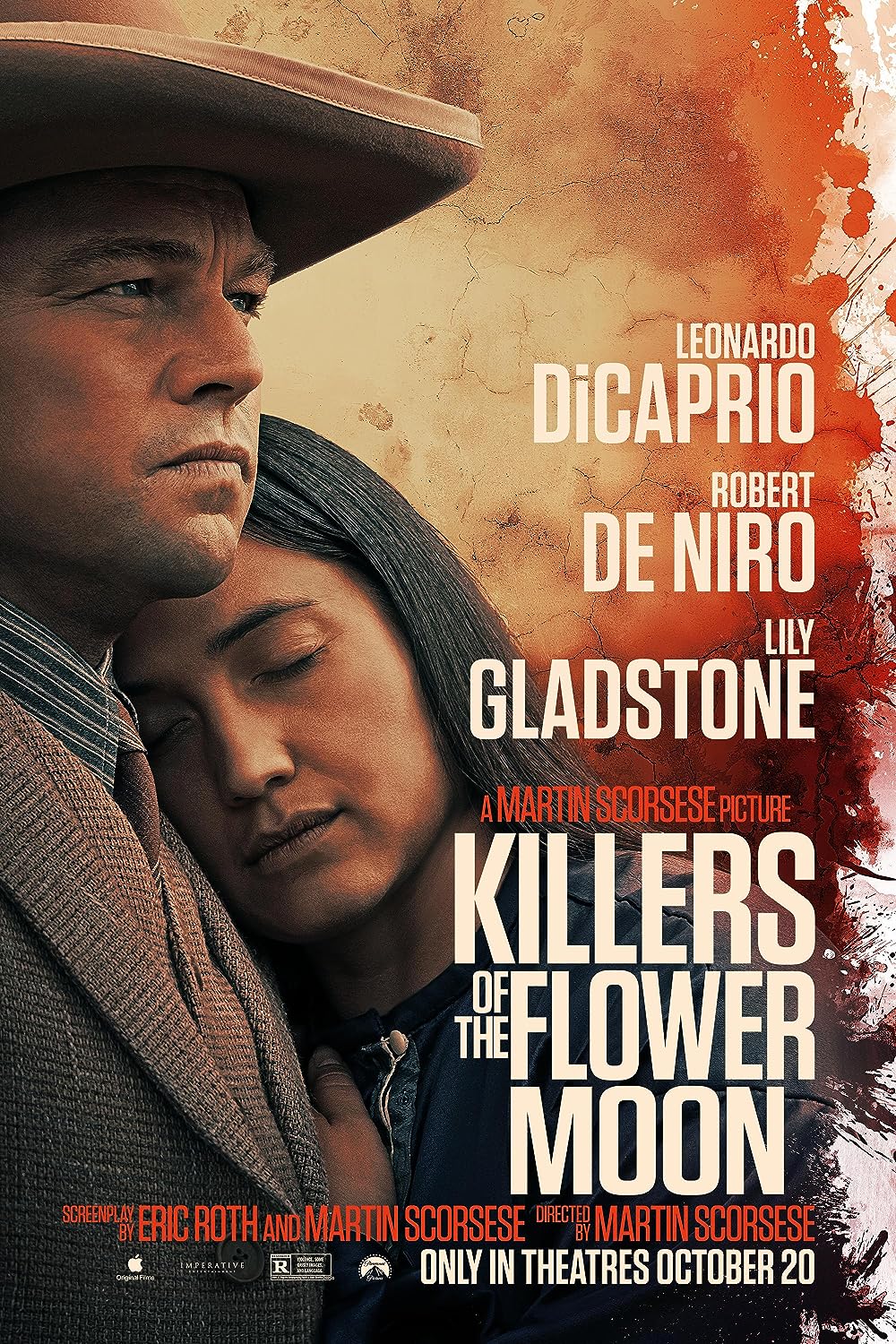
PODCAST DEEP DIVE |

Podcast Featured Review |

Podcast Featured Review |
Todd #4 Most Anticipated

Podcast Review - Todd |

Podcast Review - Adam |

Podcast Review - Zach |
Top 10 Blindspot
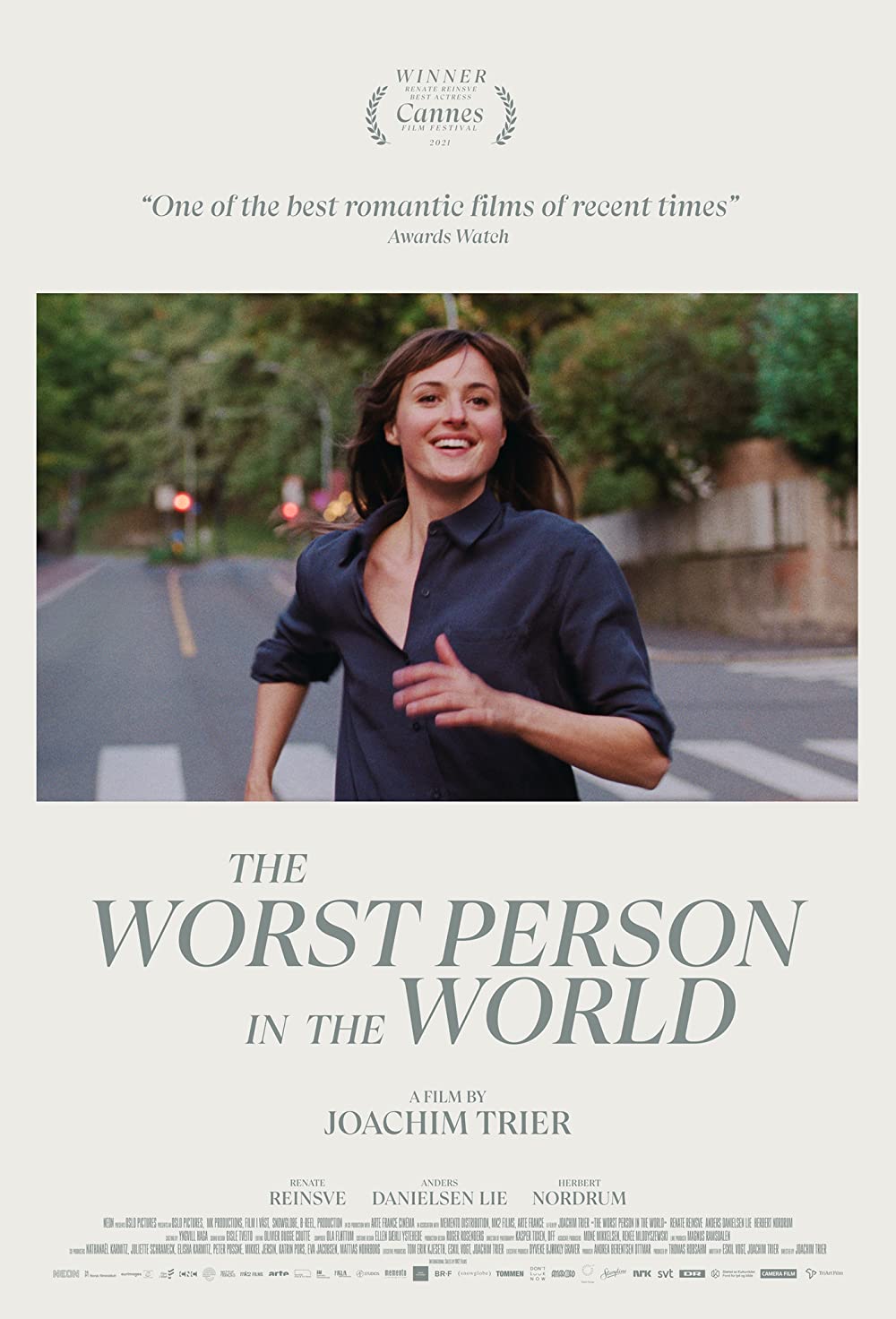
Podcast Review - Adam |
10th Anniversary

Podcast Oscar Review - Terry |
30th Anniversary

Podcast Oscar Review - Terry |
2025 PINOTS

Nominations & Debates |
2024 Pinot Best Picture

PODCAST DEEP DIVE |

Podcast Featured Review |

Podcast Review - Todd |

Podcast Review - Zach |
Top 10 Blindspot
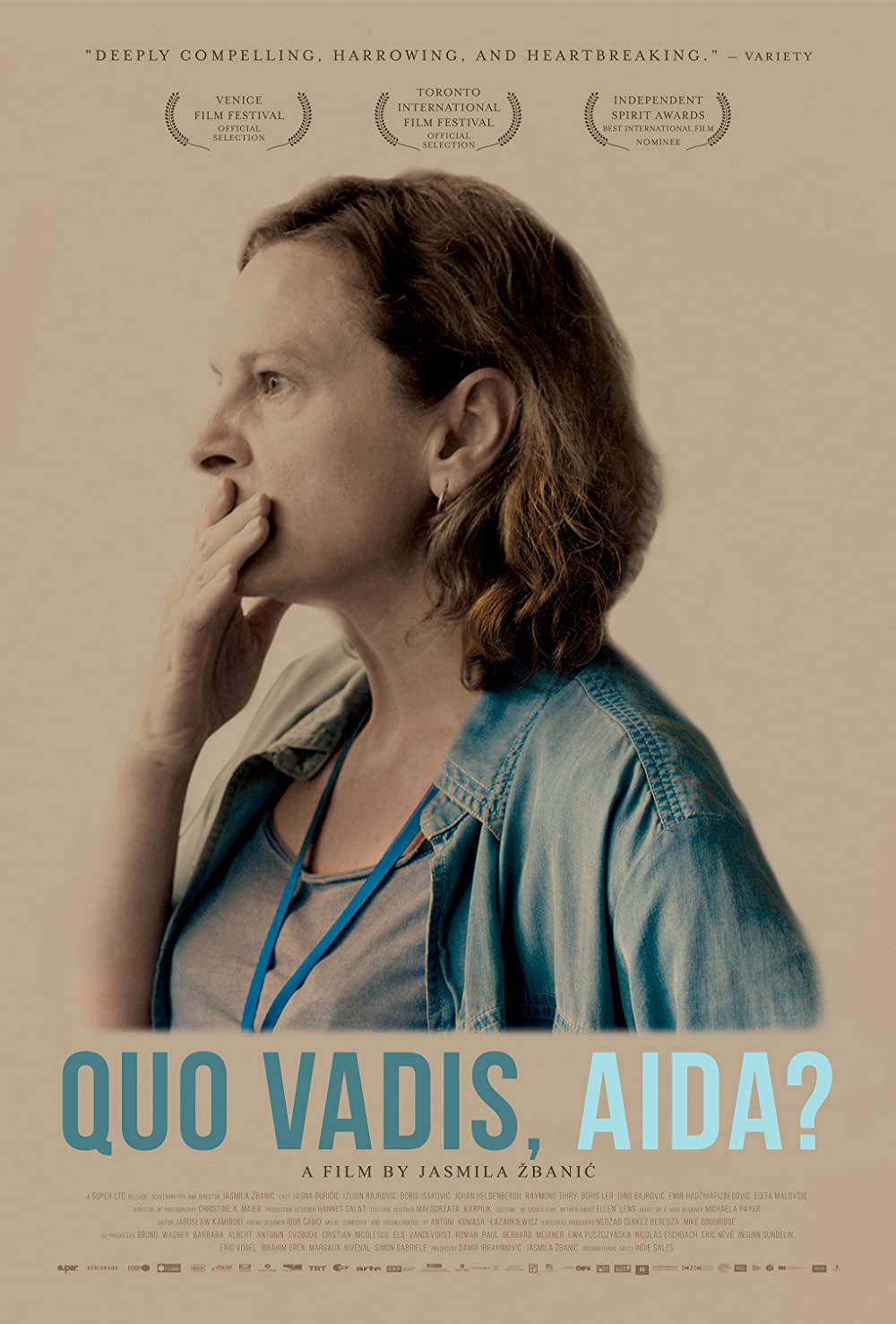
Podcast Review - Adam |
10th Anniversary
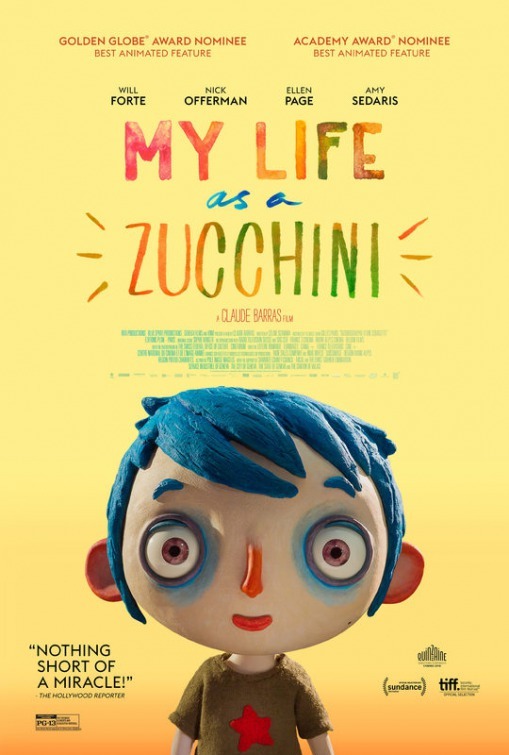
Podcast Oscar Review - Terry |
20th Anniversary
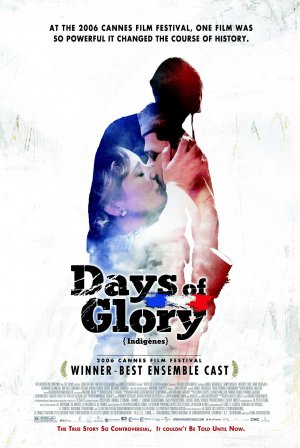
Podcast Oscar Review - Terry |
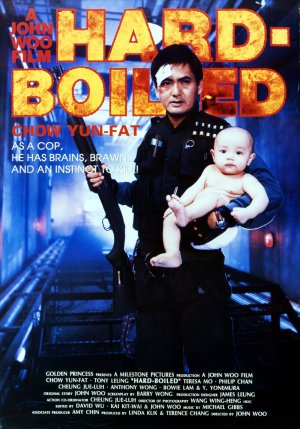
Podcast Review - Zach |
TOP 10 FILMS OF 2025

LIVE ON YOUTUBE!!! |
Reactions to the Nominations

Written Article - Todd |
2026 Oscar Predictions: Final

Written Article - Todd |
Todd Most Anticipated #5

Podcast Featured Review |

Podcast Review - Todd |

Podcast Review - Terry |
|
|
|